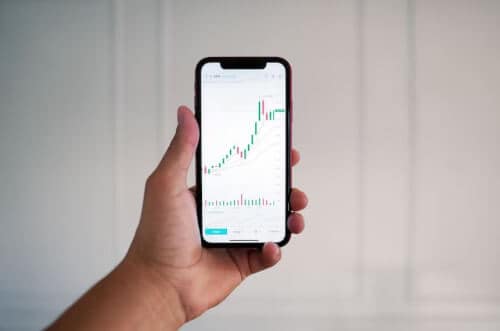Forex trading, also known as foreign exchange trading, presents an excellent opportunity for individuals in South Africa to make money. The decentralized nature of the forex market, combined with its high liquidity and flexible trading hours, has made it increasingly popular among aspiring traders. However, success in forex trading requires knowledge, discipline, and a strategic approach. In this article, we will outline the steps to help you make money from forex trading in South Africa.
How To Make Money From Forex Trading In South Africa
Steps to Make Money from Forex Trading in South Africa:
1. Educate Yourself:
Before diving into forex trading, it is crucial to acquire a solid understanding of the market, its terminologies, and the factors that influence currency movements. Educate yourself through books, online courses, webinars, and reputable educational resources. Learn about technical analysis, fundamental analysis, risk management, and various trading strategies.
2. Choose a Reliable Forex Broker:
Selecting a reputable forex broker is essential for your trading success. Look for a broker regulated by the Financial Sector Conduct Authority (FSCA) in South Africa. Evaluate their trading platforms, fees, customer support, and available trading instruments. Opt for a broker that offers competitive spreads, fast order execution, and robust security measures.
3. Develop a Trading Strategy:
A trading strategy outlines your approach to trading and helps you make informed decisions. It should include entry and exit points, risk management techniques, and guidelines for analyzing market trends. Develop a strategy that aligns with your risk tolerance, trading goals, and preferred trading style (such as day trading or swing trading).
4. Practice with a Demo Account:
Before investing real money, practice trading with a demo account provided by your broker. A demo account allows you to simulate real market conditions without risking your capital. Use this opportunity to test your trading strategy, understand platform functionalities, and gain confidence in your trading abilities.
5. Implement Risk Management:
Risk management is crucial to protect your capital and sustain long-term profitability. Set a maximum risk per trade and use stop-loss orders to limit potential losses. Avoid risking more than 1-2% of your trading capital on a single trade. Additionally, diversify your portfolio by trading multiple currency pairs and consider using proper position sizing techniques.
6. Continuously Monitor the Market:
Stay updated with global economic news, central bank decisions, and geopolitical events that impact currency markets. Analyze charts, technical indicators, and economic calendars to identify trading opportunities. Regularly monitor your open trades, adjust stop-loss levels, and consider taking profits when your target is met.
7. Maintain Emotional Discipline:
Forex trading can be emotionally challenging, especially during periods of market volatility. Avoid making impulsive decisions based on fear or greed. Stick to your trading strategy and maintain emotional discipline. Accept that losses are part of the trading process and focus on long-term profitability rather than short-term gains.
Conclusion:
Forex trading offers an exciting opportunity to make money in South Africa. By educating yourself, choosing a reliable broker, developing a trading strategy, practicing with a demo account, implementing risk management, monitoring the market, and maintaining emotional discipline, you can increase your chances of success. Remember that forex trading requires continuous learning, adaptability, and a patient approach.
FAQs:
Is forex trading legal in South Africa?
Yes, forex trading is legal in South Africa. However, it is crucial to choose a broker regulated by the Financial Sector Conduct Authority (FSCA) to ensure compliance with local regulations.
How much capital do I need to start forex trading in South Africa?
The capital required to start forex trading varies depending on your trading goals, risk tolerance, and trading strategy. It is recommended to start with a sufficient amount of capital that allows you to implement proper risk management techniques.
Image Courtesy: Unsplash
